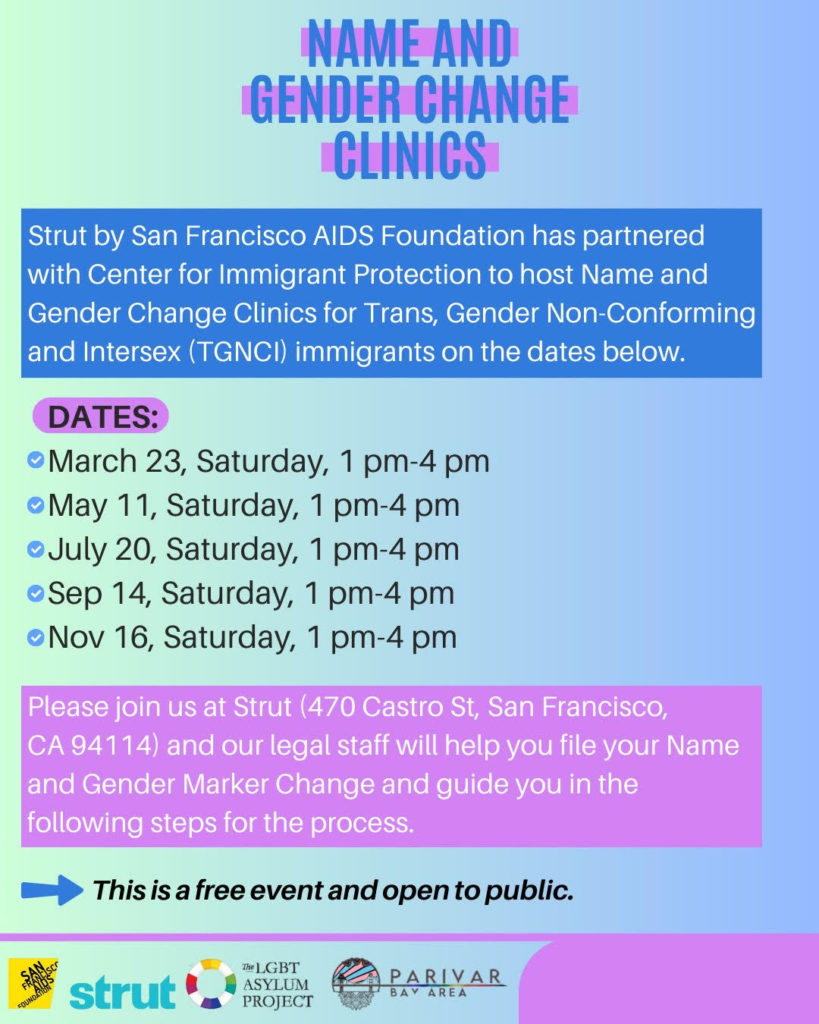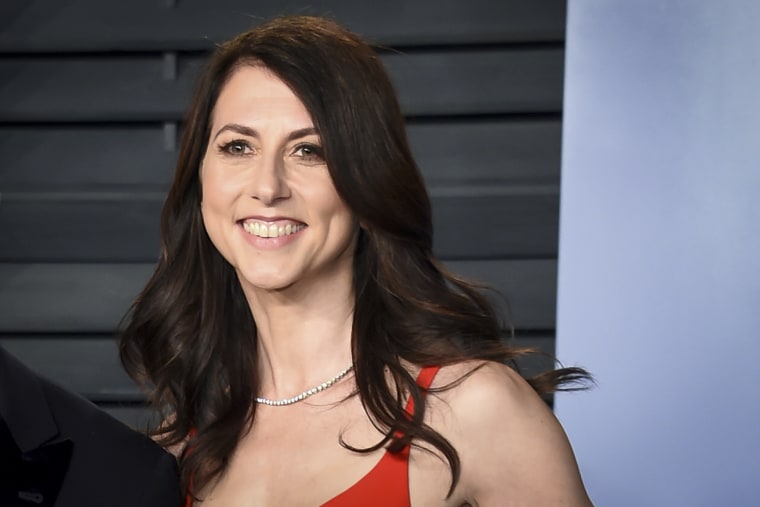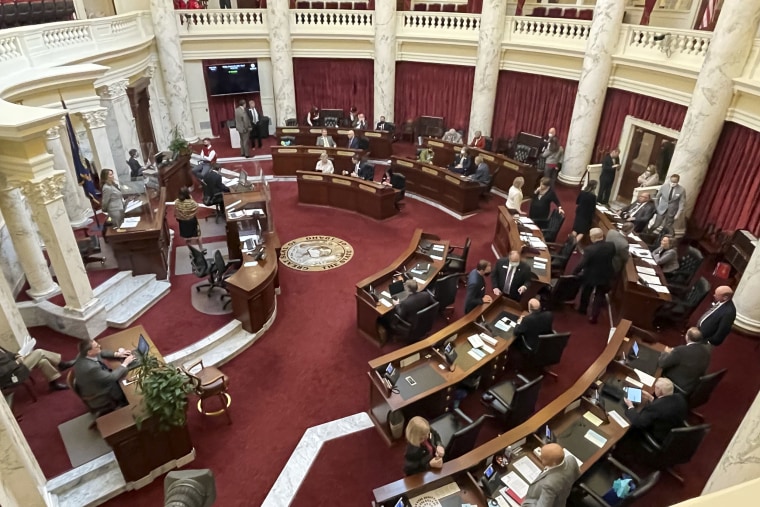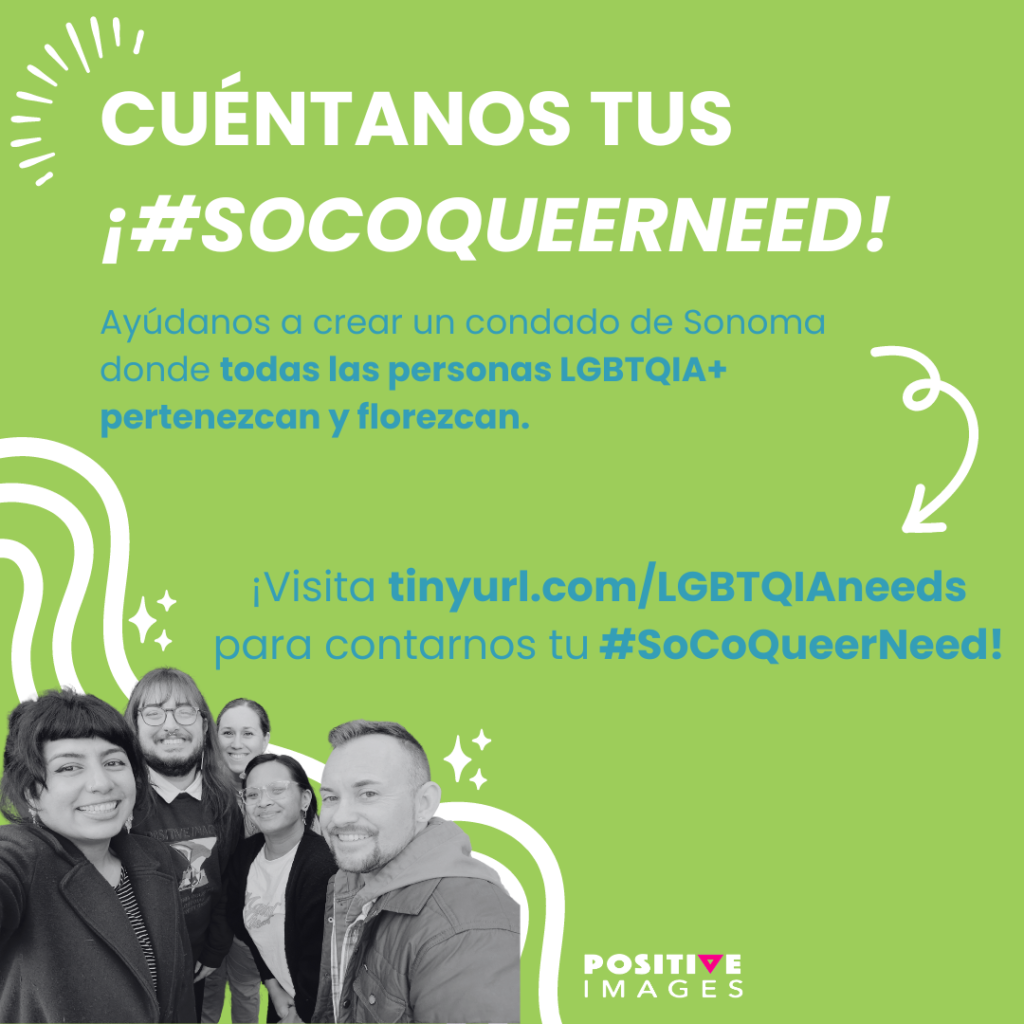Gay man brutally assaulted in West Hollywood
A man was physically assaulted in West Hollywood Sunday night. The attack occurred in front of the Tender Greens cafe on Santa Monica Blvd at the Hancock Drive intersection. The same suspect is believed to have assaulted others at random.
David Velasquez says he was already having a bad day while others celebrated St. Patrick’s Day in West Hollywood’s LGBTQ Rainbow District. He landed in Cedars Sinai earlier that day due to bad cold symptoms and had stopped by Pavilions in WeHo to get medication. He was riding his personal scooter on the sidewalk because he had almost been hit by a car earlier that day and was afraid a lot of people driving drunk.
“I was right there in front of the Tender Greens–the one on Santa Monica and Hancock–and then, like, I was passing by this random guy, and he just like out of nowhere slapped me with his left hand and smacked my helmet off smacked me in the face.”
According to Velasquez he confronted the guy and asked him what was his problem. There was a back and forth argument. “then the next thing I know, he’s hitting me and wrestling me, trying to throw my phone into the street,” he said. “He’s bashing my head and and has his knee on top of my chest, trying to smash my head into the street–‘Die faggot, die,’ he kept saying.”
He says his attacker stopped when a man who jumped out of a Chevy Suburban intervened. Velasquez managed to run away up Hancock Avenue. “A girl came up to me afterwards and said she wanted to press charges. He assaulted her also. Just slapped her for no reason. She was a black girl with two Latino friends. So that’s when I called the police. They came and got me an ambulance. I’m over here at Cedars Sinai again.”
According to Velasquez, he has a cut lip and some head trauma.
The assailant is described at a 6ft tall caucasian male in his 30s with a muscular build and a beard. He was described as nicely dressed seemed to be very inebriated.
A report was filed with the West Hollywood Sheriff’s substation regarding the assault however it is not yet known if there is any information leading to the suspects’ arrest.
If you see something, say something. Anonymous tips can be called into Crimestoppers at (800) 222-TIPS (8477), or by texting 274637 (C-R-I-M-E-S on most keypads) with a cell phone. If you see something, say something. Anyone with information can also drop a tip at https://www.lacrimestoppers.org.



